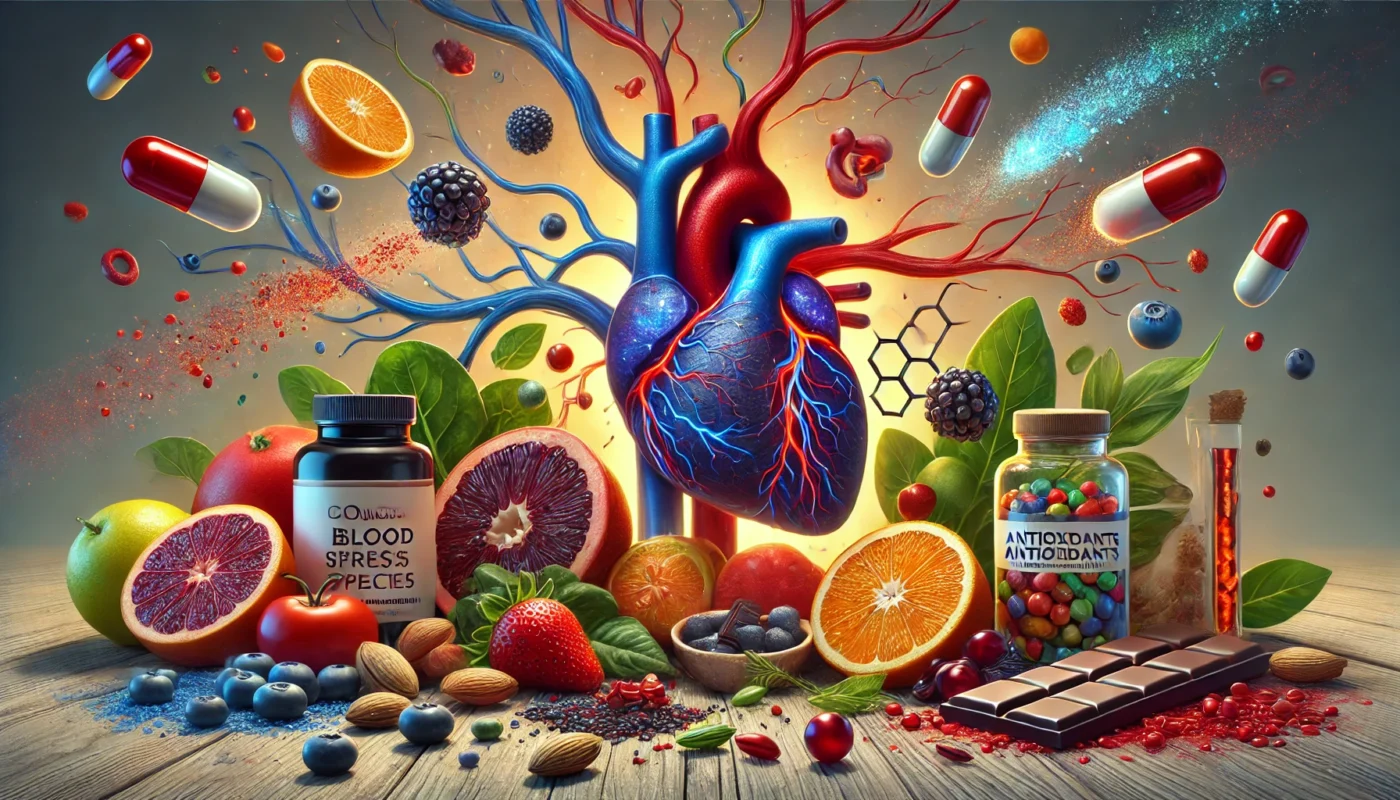Cognitive performance—encompassing mental sharpness, memory, and concentration—is fundamental to success in academic, professional, and personal pursuits. While lifestyle factors like exercise, sleep, and diet undeniably play critical roles in brain health, emerging research highlights the significance of micronutrients like magnesium in optimizing cognitive function. Among the various forms of magnesium supplements, magnesium glycinate stands out […]
Tag Archives: Oxidative Stress
Muscle cramps and soreness are common issues for athletes and fitness enthusiasts, often disrupting performance and recovery. These cramps can arise from dehydration, electrolyte imbalances, prolonged exertion, or nutritional deficiencies. While common remedies include stretching, hydration, and electrolyte supplements, the role of micronutrients like zinc is often overlooked. Zinc, an essential trace mineral, plays a […]
Endurance athletes, particularly marathon runners, place immense physical demands on their bodies. The strain from prolonged exertion can lead to muscle damage, immune suppression, and oxidative stress, all of which require effective recovery strategies to mitigate. While nutrition and rest are crucial for post-marathon recovery, targeted supplementation can offer additional support. Zinc picolinate, a highly […]
The blood-brain barrier (BBB) serves as the brain’s gatekeeper, protecting it from harmful toxins, pathogens, and inflammatory molecules while allowing the passage of essential nutrients. However, when the BBB becomes compromised, it can lead to neuroinflammation, oxidative stress, and an increased risk of neurological disorders such as Alzheimer’s disease, multiple sclerosis, and depression. Emerging research […]
Staying active is a cornerstone of healthy aging. For seniors, regular physical activity enhances cardiovascular health, supports mobility, and maintains independence. However, as the body ages, recovery from exercise becomes slower, and joint health may decline, posing challenges to staying physically active. Nutritional strategies, including supplementation, can play a vital role in addressing these issues. […]
Hypertension, often called the “silent killer,” is a global health challenge affecting more than 1.28 billion adults worldwide, as reported by the World Health Organization (WHO). Despite advancements in pharmacological treatments and lifestyle interventions, many patients struggle to achieve optimal blood pressure control. Increasing attention has turned to the endothelium, a thin layer of cells lining blood vessels, as a key player in hypertension pathophysiology. Dysfunction of the endothelium is recognized as an early and critical factor in the development and progression of high blood pressure. This article explores how targeting endothelial dysfunction could revolutionize hypertension management, delving into the mechanisms, therapeutic strategies, and emerging treatments aimed at restoring vascular health.
Hypertension, or high blood pressure, is one of the leading causes of heart disease, stroke, and kidney failure worldwide. Affecting over 1.28 billion people globally, according to the World Health Organization (WHO), hypertension is often dubbed a “silent killer” because it typically develops without noticeable symptoms. Among the many factors contributing to hypertension, oxidative stress has emerged as a key player in the condition’s progression. Antioxidants, compounds that counteract oxidative damage, are now being explored as potential therapies for managing hypertension.
This article looks into the link between antioxidants and hypertension, examines the evidence supporting antioxidant-based treatments, and discusses how these therapies could complement existing approaches.
Hypertension, or high blood pressure, is a global health epidemic, affecting nearly 1.28 billion adults worldwide according to the World Health Organization (WHO). It is a leading cause of cardiovascular disease, stroke, and kidney failure, yet its connections to other health issues, particularly cancer, are often overlooked. Emerging research highlights a potential link between hypertension and an increased risk of cancer, prompting questions about shared mechanisms and causative factors. This article delves into the overlapping pathways between hypertension and cancer, the evidence supporting their connection, and what this means for prevention and treatment strategies.
Hypertension, or high blood pressure, is a pervasive health concern affecting nearly half of adults worldwide, according to the World Health Organization (WHO). While it is well-known as a leading cause of cardiovascular diseases, strokes, and kidney failure, many people are unaware of the link between hypertension and sleep apnea. Obstructive sleep apnea (OSA), a condition marked by repeated interruptions in breathing during sleep, has been strongly associated with persistent and difficult-to-treat high blood pressure. Fortunately, treating sleep apnea with specialized devices, such as continuous positive airway pressure (CPAP) machines, can significantly improve sleep quality and lower blood pressure levels, ultimately reducing cardiovascular risks. This article explores the relationship between sleep apnea and hypertension, the mechanisms behind their connection, and how sleep apnea devices can play a vital role in managing high blood pressure.
Tinnitus, often described as ringing, buzzing, or hissing in the ears, is a condition that affects millions of people worldwide. While the exact mechanisms behind tinnitus are not fully understood, emerging evidence suggests that magnesium, a vital mineral, plays a role in alleviating its symptoms. Magnesium glycinate, a highly bioavailable form of magnesium, has shown promise in improving blood flow, reducing inflammation in the inner ear, and addressing the underlying factors contributing to tinnitus. This article explores the science behind magnesium glycinate’s role in managing tinnitus symptoms and offers practical guidance for its use.










